Covid cover-up: Wuhan lab leak suspicions, Anthony Fauci and how the science was silenced
Anthony Fauci deliberately downplayed suspicions from scientists that Covid-19 came from a lab to protect his reputation and deflect from risky research his agency had funded, his boss says.
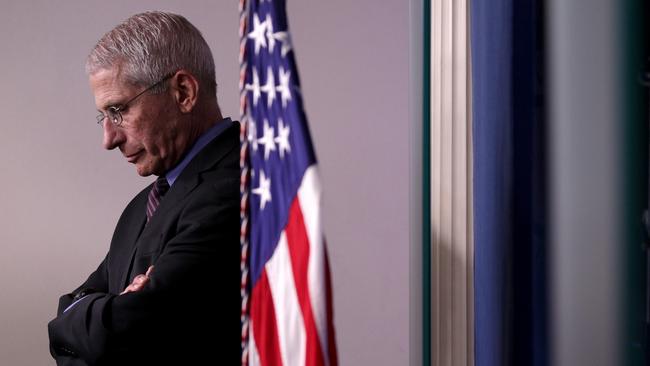
America’s top infectious diseases adviser, Anthony Fauci, deliberately decided to downplay suspicions from scientists that Covid-19 came from a laboratory to protect his reputation and deflect from the risky coronavirus research his agency had funded, according to his boss, one of the most senior US health officials during the pandemic.
In an exclusive interview, Robert Kadlec – former assistant secretary for preparedness and response at the US Department of Health – told The Weekend Australian that he, Dr Fauci and National Institutes of Health director Francis Collins privately discussed how to “turn down the temperature” on accusations against China in the early days of the pandemic while they were trying to encourage Beijing to co-operate and share a sample of the virus.
But the senior US health official – who worked for George W. Bush and Donald Trump and went on to lead American efforts to develop a Covid-19 vaccine – said Dr Fauci mostly kept his knowledge of virologists’ concerns about a lab leak from Wuhan to himself.
The Weekend Australian revealed in 2021 that the National Institutes of Health and other US agencies funded 65 scientific projects at the Wuhan Institute of Virology over the past decade, many involving risky research on bat coronaviruses.
‘Vaccine research was the proximate cause’
Dr Kadlec’s comments give the closest insight to date on how Dr Fauci – who led coronavirus policy for two presidents and influenced the worldwide approach to the pandemic – handled the link between Covid-19 and China. They came as US congressional investigations in the past month revealed how scientists worked to silence concerns about a lab leak.
“I think Tony Fauci was trying to protect his institution and his own reputation from the possibility that his agency was funding the Wuhan Institute of Virology researchers who, beyond the scope of the grants received from the National Institutes of Health, may have been working with People’s Liberation Army researchers on defensive coronavirus vaccines,” Dr Kadlec said.
“I think it’s evident from his later released emails (obtained via Freedom of Information requests) that he had more sense of what his institute had funded at that moment. This was a reputational risk to him and his institute and certainly he probably sided with the international scientists that believed that false or unsubstantiated accusations could have a chilling effect on scientific collaboration between the western world and China.”
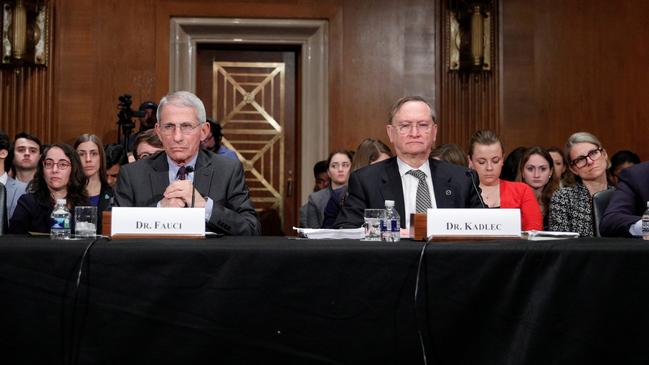
Dr Kadlec, in his first ever media interview, added: “We think vaccine research resulted in the pandemic – that vaccine research was the proximate cause.”
In an extraordinary admission, Dr Kadlec said they decided to try to encourage a group of leading international scientists to calm down speculation on the origins of the virus.
The scientists held a phone call on February 1, 2020, in which they discussed concerns that SARS-CoV-2 looked like it may have been genetically engineered.
“When we talked about this in advance of that call, he (Fauci) would just try and see if he could get the scientists to take the temperature down, turn the rhetoric down. to at least find, we’re going to look into this but we don’t know,” Dr Kadlec said.
As both Mr Bush’s biodefence adviser and Mr Trump’s assistant health secretary for preparedness, Dr Kadlec has decades of experience in fighting public health crises. He created Operation Warp Speed, the plan to accelerate the development of a Covid-19 vaccine, and is credited for leading the push to vaccinate Americans. In 2018, he warned Congress the US was ill-prepared for a pandemic.
‘Turn the temperature down’
Dr Kadlec’s personal approach was to ask the National Academy of Sciences in late January 2020, to formally examine the sequence of SARS-CoV-2, to understand its origin. But publicly, he felt it was important to achieve co-operation from China from a public health perspective. Beijing had not yet shared a sample of the virus, critical for developing an effective vaccine.
“We decided to engage our national experts to look at this, the National Academy of Sciences,” he said. “It would take time to figure out what was going on. We were trying to prevent people from saying this was a bioweapon when we didn’t really know. That was my intent. It was Dr Fauci’s idea to see if he could get international scientists to examine the origins in a similar fashion. The object was to prevent speculation and turn the temperature down. There was something that could be said to turn the temperature of rhetoric down and avoid the wild speculation, of a bioweapon, that had already started at that point in time.”
That phone call was at the instigation of Dr Fauci after he spoke with scientist Kristian Andersen who expressed concern that SARS-Cov-2 may have been genetically engineered, because of its unusual features. In an email, Dr Andersen said “some of the features (potentially) look engineered” and several leading virologists “all find the genome inconsistent with expectations from evolutionary theory.”
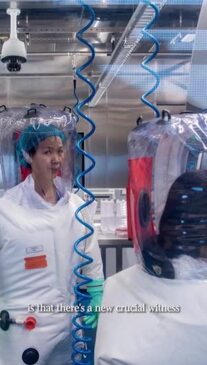
Dr Kadlec said Dr Fauci kept these suspicions, privately expressed by leading virologists that the virus had been engineered in a laboratory, mostly to himself.
The full extent of those suspicions is now laid bare in emails subpoenaed by US congress and published in recent weeks. In those emails, some scientists discussed the “shit show” that would eventuate if anyone serious accused China of, even accidentally, starting the pandemic. They also discussed the impact such an accusation would have on scientific research and international relations. But, publicly, they insisted the possibility of an inadvertent laboratory leak was a conspiracy and authored a paper published in Nature Medicine, that argued SARS-Cov-2 was almost certainly a natural virus. Dr Kadlec acknowledges the power of that paper, titled the Proximal Origins of SARS-CoV-2, as becoming the official word that a laboratory leak was a conspiracy theory.
“Their paper did result in casting the die for what would then be the international scientific response going forward,” he said.
“I found it really odd that in light of the now revealed private musings of some of the scientists indicated the sequence looked unusual, that the authors decided to draft a letter as an opinion piece.
“Many people were confused or mistaken by what they wrote as more of a peer-reviewed paper.”
Wuhan ‘fingerprints’
Dr Kadlec accused the scientists of having personal agendas that might have influenced their decision to author a paper that suggested a laboratory leak was a conspiracy theory. “Their initial opinion was likely shaded by their personal professional equities or the belief that what was going on in the US – statements by political leaders- could be problematic for world relations for China but also their professional interests in science,” he said.
Dr Kadlec alluded to the febrile political atmosphere in the US under Mr Trump as a likely influence on the scientists, although the scientists’ deliberations began in late January, and the former president did not make any public comment about a potential laboratory origin of Covid-19 until April.
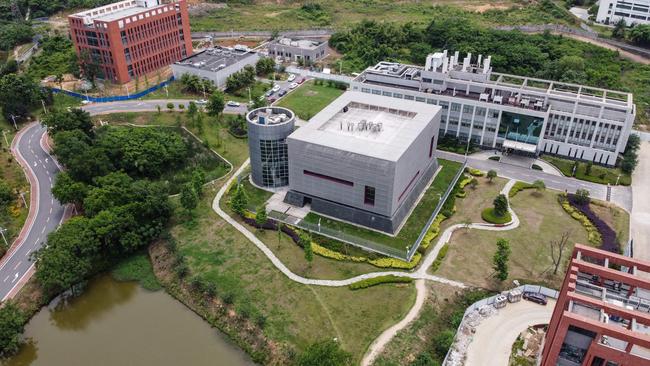
The authors of the Proximal Origins paper have argued in the media and congressional hearings that later virus research had led them to scotch their first fears of a lab leak – and to conclude instead that the origins of Covid-19 were zoonotic: i.e. the virus had been passed from animal to human, possibly via a Wuhan wet market.
However, new emails and posts over the Slack messaging platform that have surfaced in recent weeks pinpoint the moment this group began steering world attention away from the Wuhan lab. It was not months, or even weeks, but within days and hours of their realisation that the virus may contain “fingerprints” that connected it to the Wuhan Institute of Virology. The scientists are facing allegations that they embarked on a campaign of subterfuge that has rocked Washington.
’Blueprint for Covid-19’
Dr Kadlec has now spent a year and a half formally investigating the origins of the pandemic, putting together an A and B team to gather evidence for both a natural and laboratory origin respectively.
Gain-of-function research was banned by the Obama administration but lifted during the Trump era. Dr Kadlec says this was at the behest of the NIH. “Francis Collins and Fauci both had a similar world view which was scientists know best and there should be few restrictions on research,” he said.
The Wuhan Institute of Virology and EcoHealth Alliance drew up a proposal for grant funding for coronavirus research, which international scientists now believe could be the “blueprint” of Covid-19. Dr Kadlec chaired a committee to authorise whether gain-of-function could proceed. The proposal from the Wuhan institute was bouncing around US Government agencies, in search of funding, but it never went through his committee. “It shows you the fallibility or vulnerability of the oversight system,” he said.
Dr Fauci has denied his agency funded gain-of-function research, but Dr Kadlec said this wasn’t true. “It’s evident NIH supported research that has the potential for, and it at least one case resulted in gain of function,” he said.
Read Sharri Markson’s full investigative feature story in The Weekend Australian Magazine.


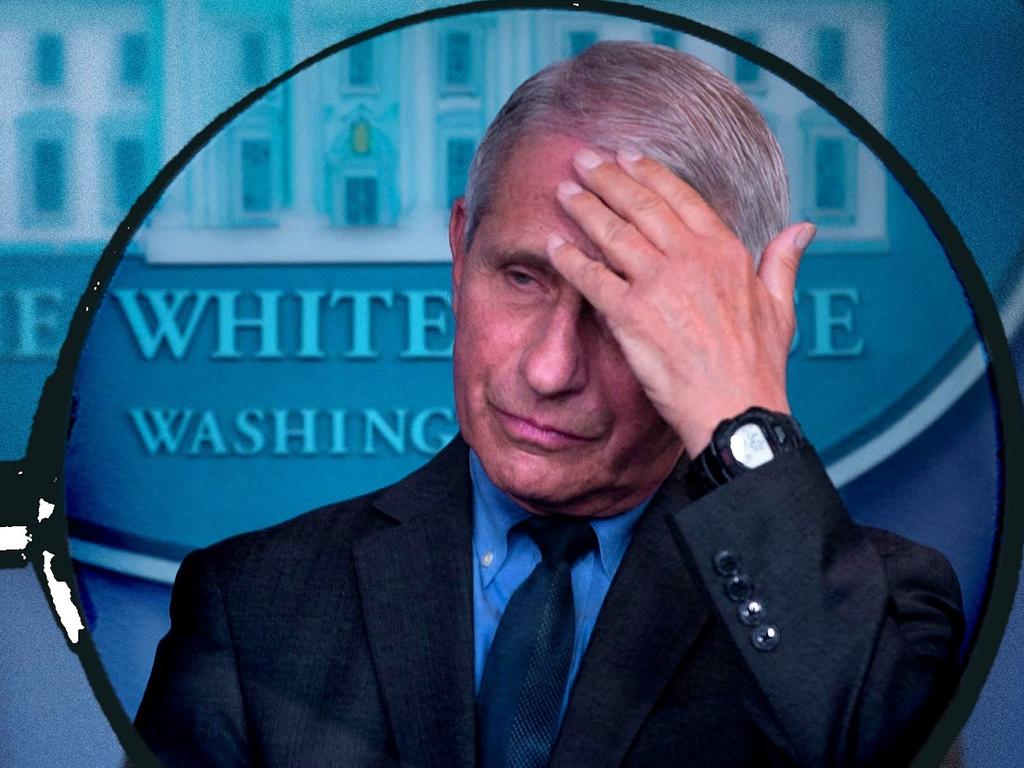

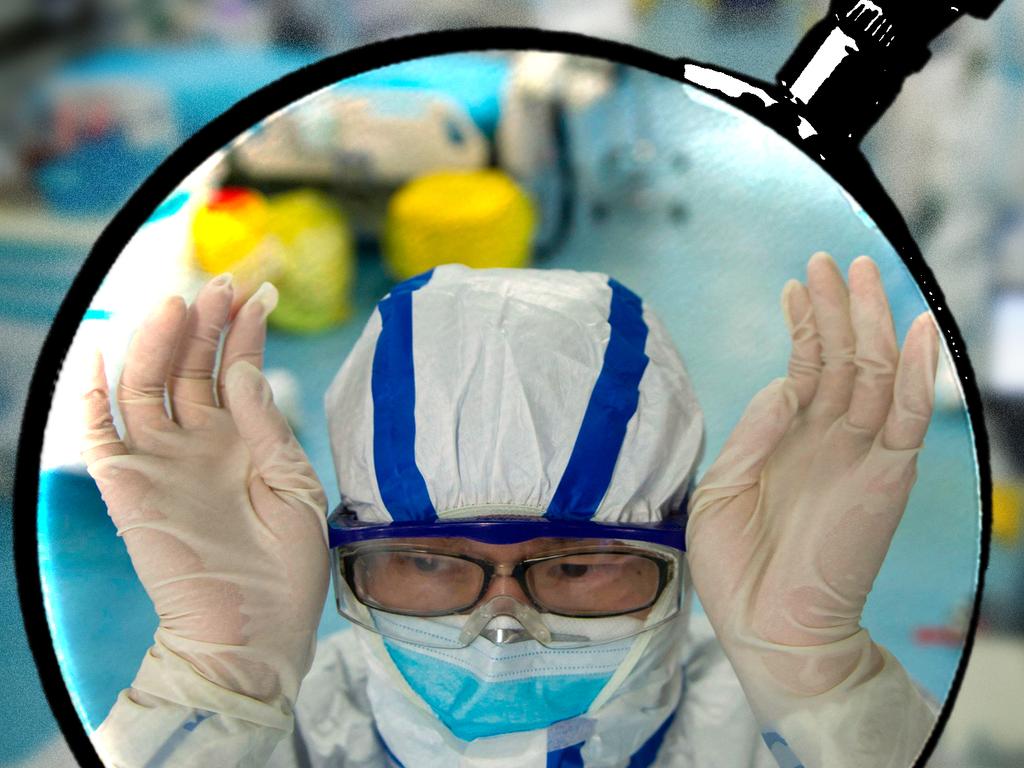
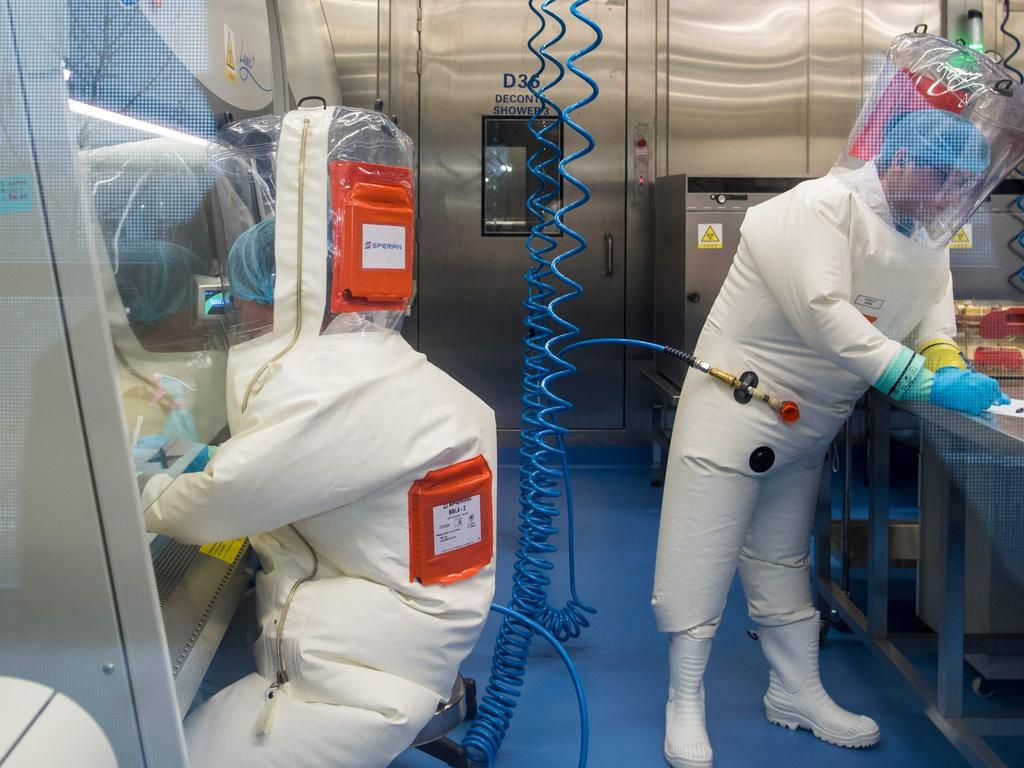
To join the conversation, please log in. Don't have an account? Register
Join the conversation, you are commenting as Logout